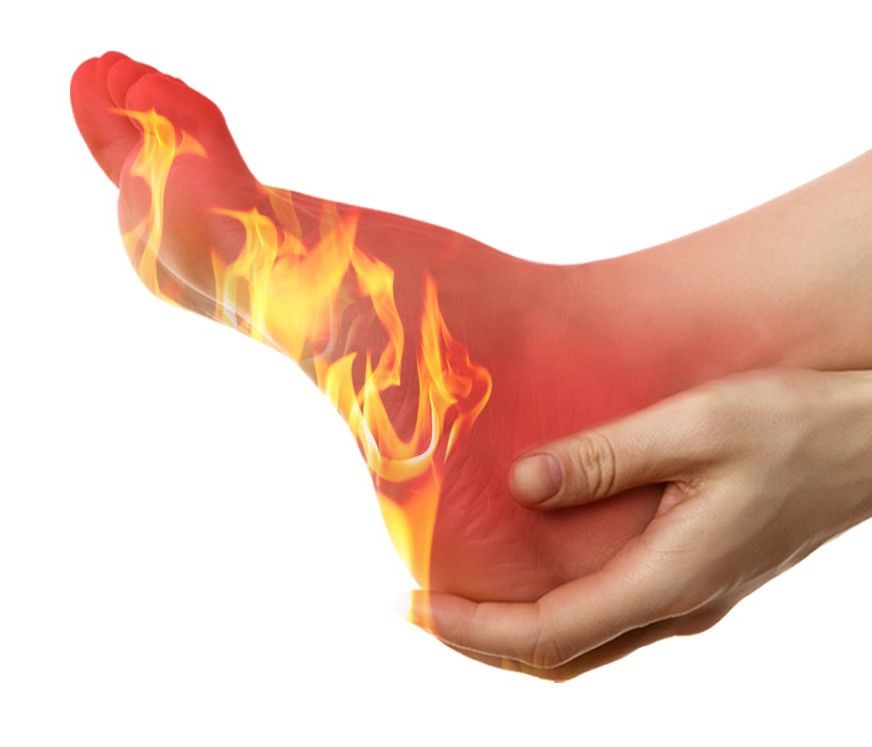
WHAT IS NEUROPATHY?
Neuropathy refers to a condition that involves damage or dysfunction of the nerves, particularly those that transmit signals between the peripheral nervous system (the network of nerves outside the brain and spinal cord) and the rest of the body. This condition can affect various types of nerves, including sensory, motor, and autonomic nerves. Nationwide it's estimated that over 42 million Americans suffer from this disease every day.
- What Causes Neuropathy: Neuropathy can have various causes, including diabetes, infections, autoimmune diseases, traumatic injuries, exposure to toxins or certain medications, and genetic factors. In some cases, the cause may be idiopathic, meaning it is unknown.
- Signs You May Have Neuropathy: The symptoms of neuropathy depend on the type of nerves affected and the underlying cause. Common symptoms include pain, tingling, numbness, and weakness in the affected areas. Neuropathy can affect the hands, feet, and other parts of the body.
- Types of Neuropathy:
- Peripheral Neuropathy: Affects the peripheral nerves and is the most common form. It often causes symptoms in the extremities.
- Autonomic Neuropathy: Affects the nerves that control involuntary bodily functions, such as heart rate, blood pressure, digestion, and bladder function.
- Cranial Neuropathy: Affects the cranial nerves, which control facial muscles and functions like hearing and vision.
It's important for individuals experiencing symptoms of neuropathy to seek medical attention for a proper diagnosis and appropriate management. Our staff at Philadelphia Laser Pain Center can determine the underlying cause and develop a tailored treatment plan to address the specific needs of the patient.
Signs You May Have Neuropathy:
- Persistent tingling or numbness in the hands or feet
- Sharp, burning, or shooting pain in specific areas
- Weakness in the muscles, leading to difficulty with coordination and balance
- Sensitivity to touch or temperature changes
- Loss of sensation, making it challenging to feel pressure or pain
- Difficulty with fine motor skills, such as buttoning clothes or picking up small objects
- Changes in skin, hair, or nail texture
- Foot deformities or ulcers, particularly in individuals with diabetes
- Unexplained muscle cramping or twitching
- Altered reflexes, often noticed during a medical examination
- Autonomic symptoms, such as changes in heart rate, blood pressure, or digestive issues
Contact Request
